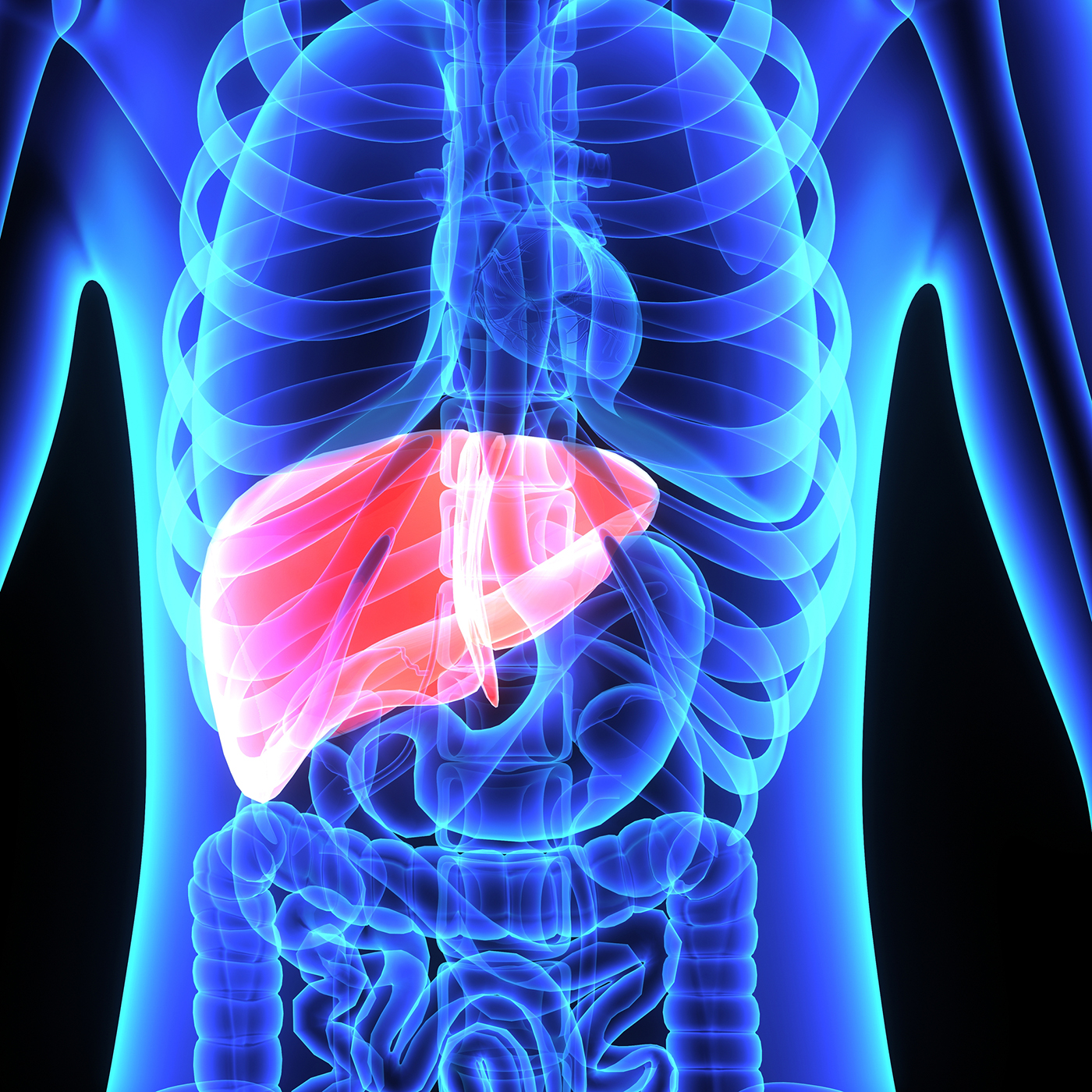Intercept's liver drug gets green light from NICE

NICE has recommended regular NHS funding for Intercept’s Ocaliva for the chronic liver disease primary biliary cholangitis (PBC) in final draft guidance, providing an alternative option for patients who only had an old generic drug as a treatment.
The ruling means NHS organisations will have to make arrangements to finance the drug later this year, once final guidance has been published.
Ocaliva is a blockbuster hopeful for Intercept, and is indicated in combination with ursodeoxycholic acid (UDCA) in adults with an inadequate response, or as a monotherapy in adults unable to tolerate UDCA.
Intercept has agreed a discount from the list price of £2384.04 per 30 tablet pack – meaning that at full price a year’s treatment of one tablet daily would cost the NHS just over £29,000.
But NICE said that the drug could normalise liver biochemistry, giving an “excellent prognosis” and “normal life expectancy”, although there were uncertainties in the clinical data.
Although NICE’s independent assessment committee was unable to give a plausible cost-effectiveness calculation, it gave Intercept the benefit of the doubt.
The company’s own calculations showed Ocaliva would cost between £28,425 and £33,458 per Quality Adjusted Life Year gained.
NICE’s threshold is £30,000 per QALY – but its committee recommended NHS funding for the drug, saying the farnesoid X receptor (FXR) agonist is a new and novel treatment for the disease.
FXR is thought to be an important regulator of bile acid, inflammatory, fibrotic and metabolic pathways.
It lowers intracellular liver cell concentrations of bile acids by suppressing de novo synthesis from cholesterol, and by increasing transport of bile acids out of the liver cells.
These mechanisms limit the overall amount of bile acid circulating in the body while promoting secretion of bile by the liver and reducing hepatic exposure to bile acids.
Intercept is one of a group of pharma companies that are attempting to find new treatments for liver diseases.
A prime target is non-alcoholic steatohepatitis (NASH) – or fatty liver disease. Intercept is also developing Ocaliva for this indication, but faces potential competition from the likes of Allergan, Shire and Gilead, who are developing rival therapies.











